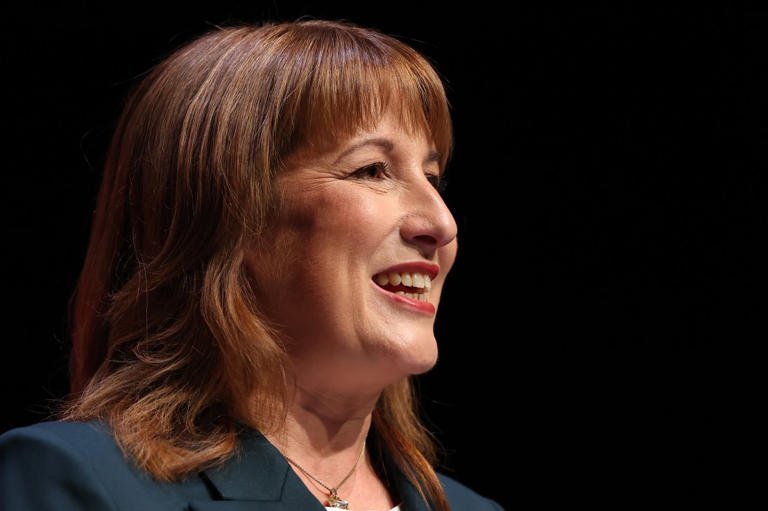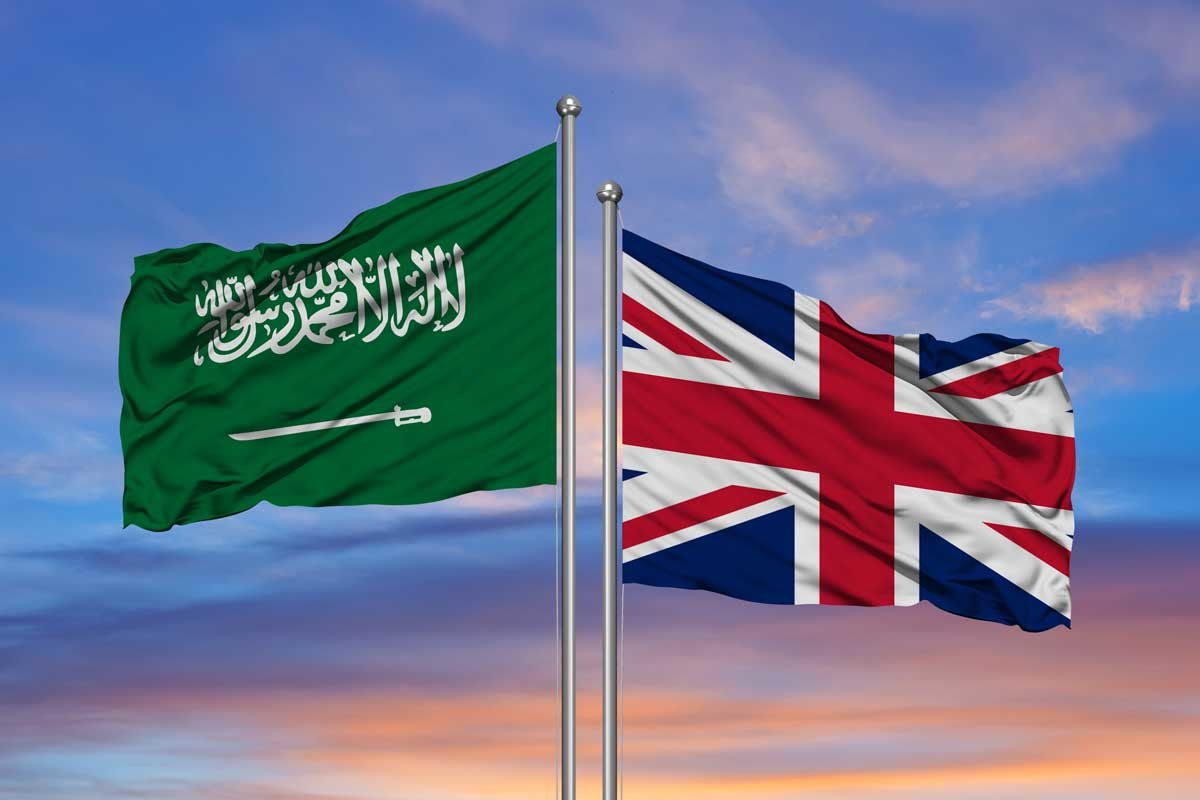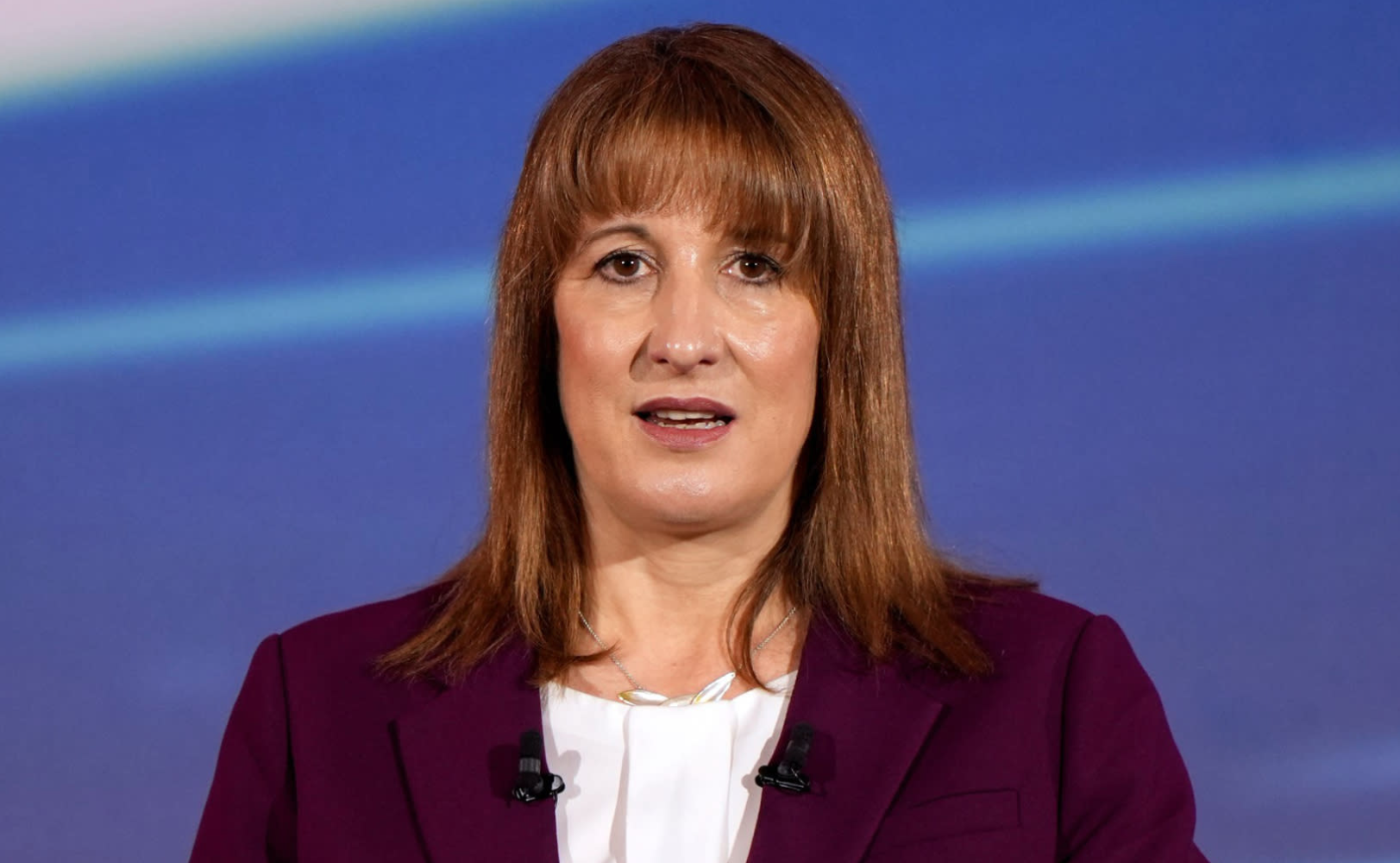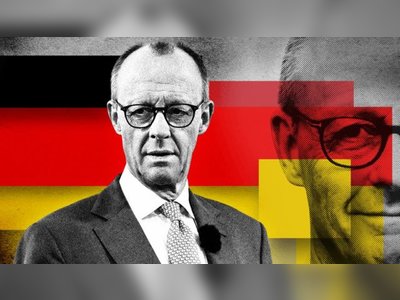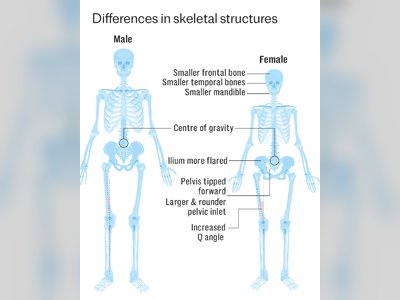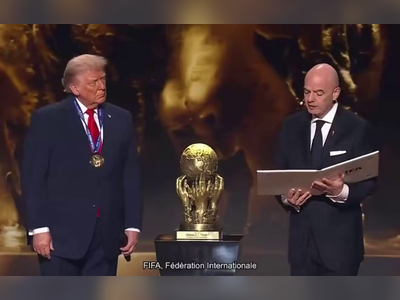UK Deepens Gulf Alliance with £6.4 Billion Deal and Trade Mission to Riyadh
Britain secures multi-billion commitments with Saudi Arabia and advances trade pact with Gulf Cooperation Council during landmark business delegation
The United Kingdom has advanced a landmark economic partnership with the Gulf region by securing over £6.4 billion in trade and investment commitments during a high-profile visit to Riyadh led by Chancellor of the Exchequer Rachel Reeves.
The package includes up to £5 billion in export-finance support for British firms and new regional headquarters for major banks in Saudi Arabia.
Ms Reeves, leading the largest business delegation the U.K. has sent to the Gulf in years, declared that this alliance will “deliver for working people” by creating jobs and raising living standards across the country.
The mission also coincided with the near-finalisation of a free-trade agreement between the U.K. and the Gulf Cooperation Council (GCC), which is expected to add about £1.6 billion annually to the U.K. economy and roughly £600 million to British workers’ wages in the long run.
The U.K. government framed the Gulf partnership as a strategic pillar of its post-Brexit growth agenda: Britain intends to pitch its strengths in financial services, life sciences, artificial intelligence and clean energy into Gulf-region transformation plans, most notably Saudi Arabia’s Vision 2030 economic programme.
In turn, Gulf sovereign-wealth funds and institutional investors are expected to channel capital into U.K. infrastructure, technology and regional growth zones such as the Oxford-Cambridge corridor.
British business leaders welcomed the package with enthusiasm.
More than 4,100 jobs were reported to have been created through earlier U.K.–Saudi deals announced just weeks ago, and the new arrangement builds on that momentum.
Key firms such as Barclays and HSBC Group committed to establishing regional bases in Riyadh, reinforcing the financial-centre linkage between the U.K. and the Gulf.
While human-rights and regulatory concerns were raised by some outside observers, the U.K. government maintained that the partnership prioritises British jobs and resilient supply chains.
If implemented as planned, the scale of the agreements positions the Gulf alliance as one of the most significant trade initiatives for the U.K. in recent years, reinforcing London’s role as a global financial hub and Riyadh’s as a key gateway to Middle-East capital flows.
The package includes up to £5 billion in export-finance support for British firms and new regional headquarters for major banks in Saudi Arabia.
Ms Reeves, leading the largest business delegation the U.K. has sent to the Gulf in years, declared that this alliance will “deliver for working people” by creating jobs and raising living standards across the country.
The mission also coincided with the near-finalisation of a free-trade agreement between the U.K. and the Gulf Cooperation Council (GCC), which is expected to add about £1.6 billion annually to the U.K. economy and roughly £600 million to British workers’ wages in the long run.
The U.K. government framed the Gulf partnership as a strategic pillar of its post-Brexit growth agenda: Britain intends to pitch its strengths in financial services, life sciences, artificial intelligence and clean energy into Gulf-region transformation plans, most notably Saudi Arabia’s Vision 2030 economic programme.
In turn, Gulf sovereign-wealth funds and institutional investors are expected to channel capital into U.K. infrastructure, technology and regional growth zones such as the Oxford-Cambridge corridor.
British business leaders welcomed the package with enthusiasm.
More than 4,100 jobs were reported to have been created through earlier U.K.–Saudi deals announced just weeks ago, and the new arrangement builds on that momentum.
Key firms such as Barclays and HSBC Group committed to establishing regional bases in Riyadh, reinforcing the financial-centre linkage between the U.K. and the Gulf.
While human-rights and regulatory concerns were raised by some outside observers, the U.K. government maintained that the partnership prioritises British jobs and resilient supply chains.
If implemented as planned, the scale of the agreements positions the Gulf alliance as one of the most significant trade initiatives for the U.K. in recent years, reinforcing London’s role as a global financial hub and Riyadh’s as a key gateway to Middle-East capital flows.
